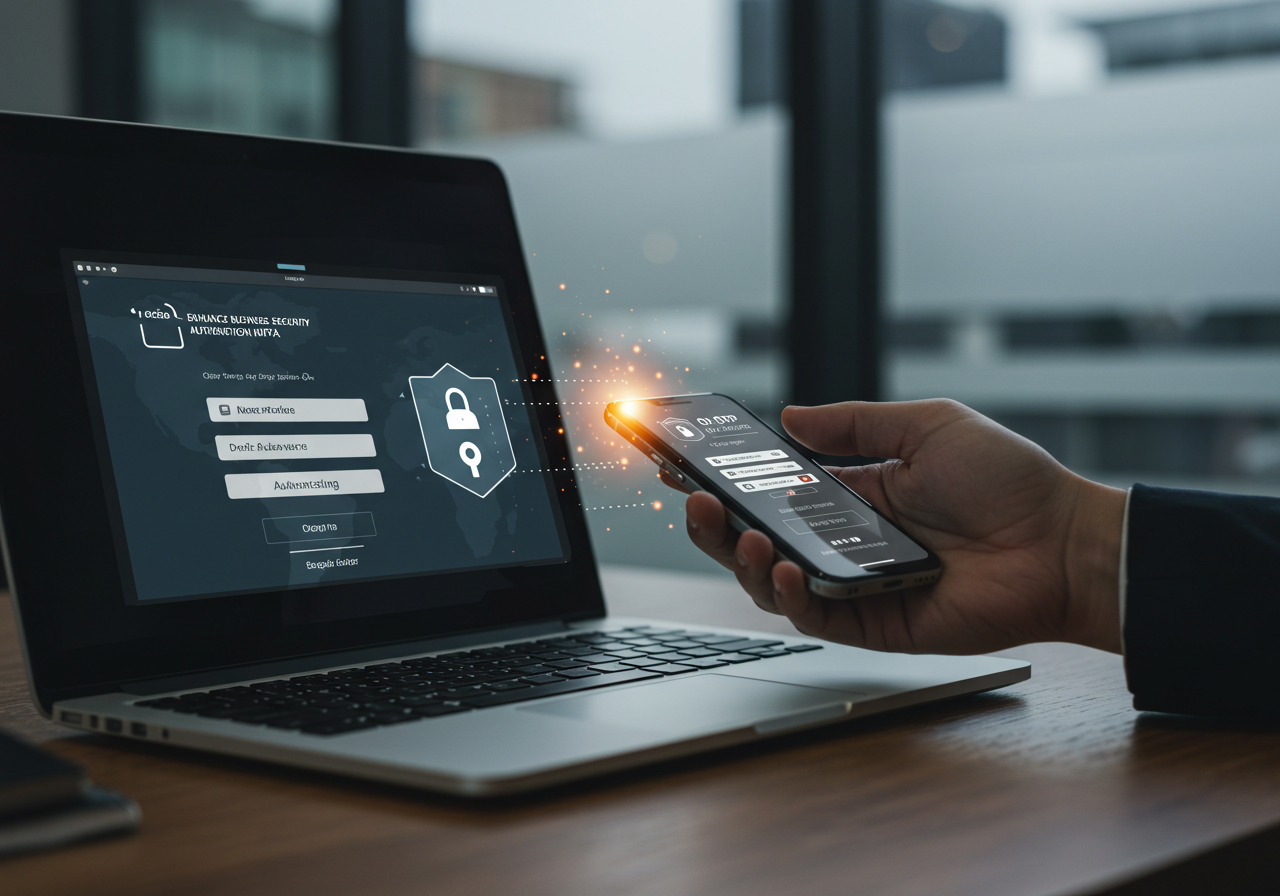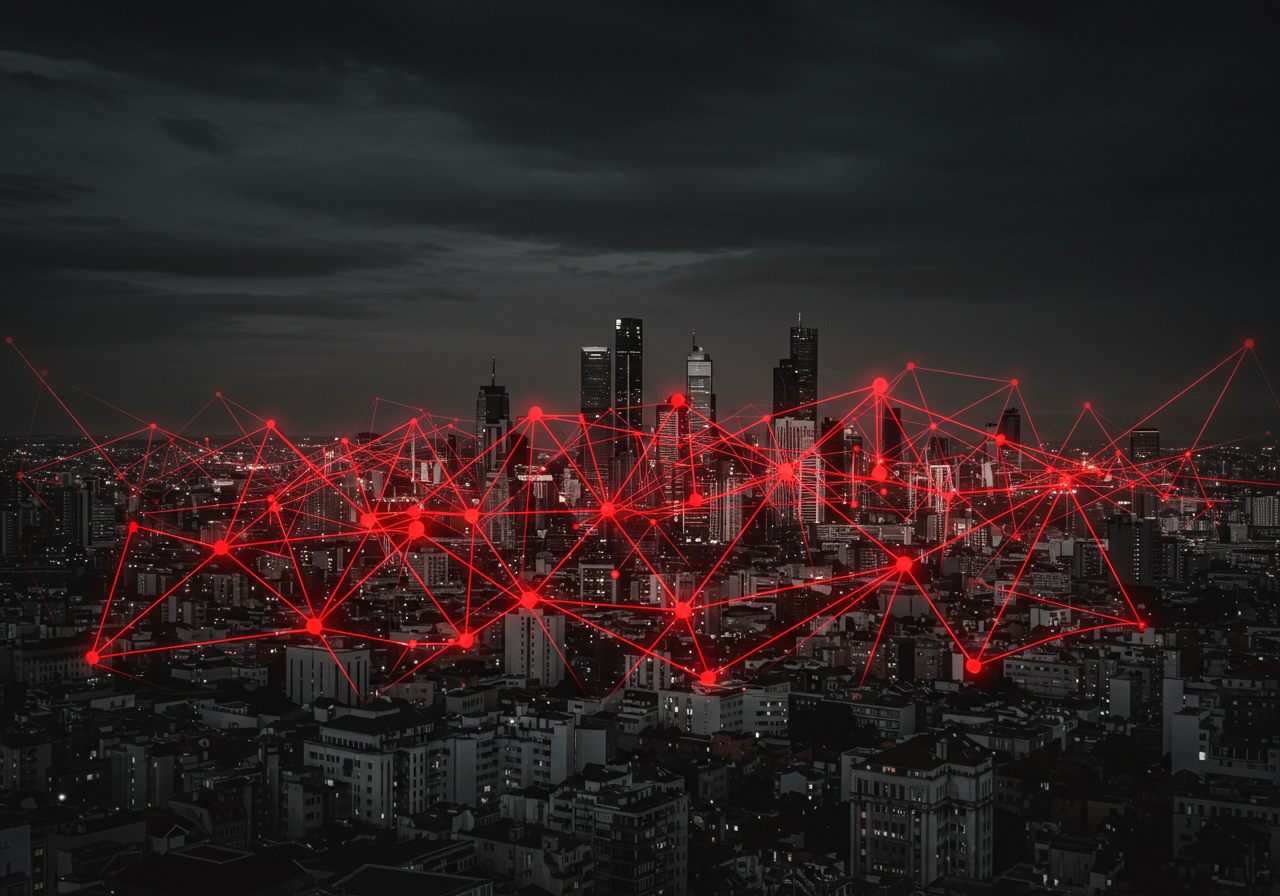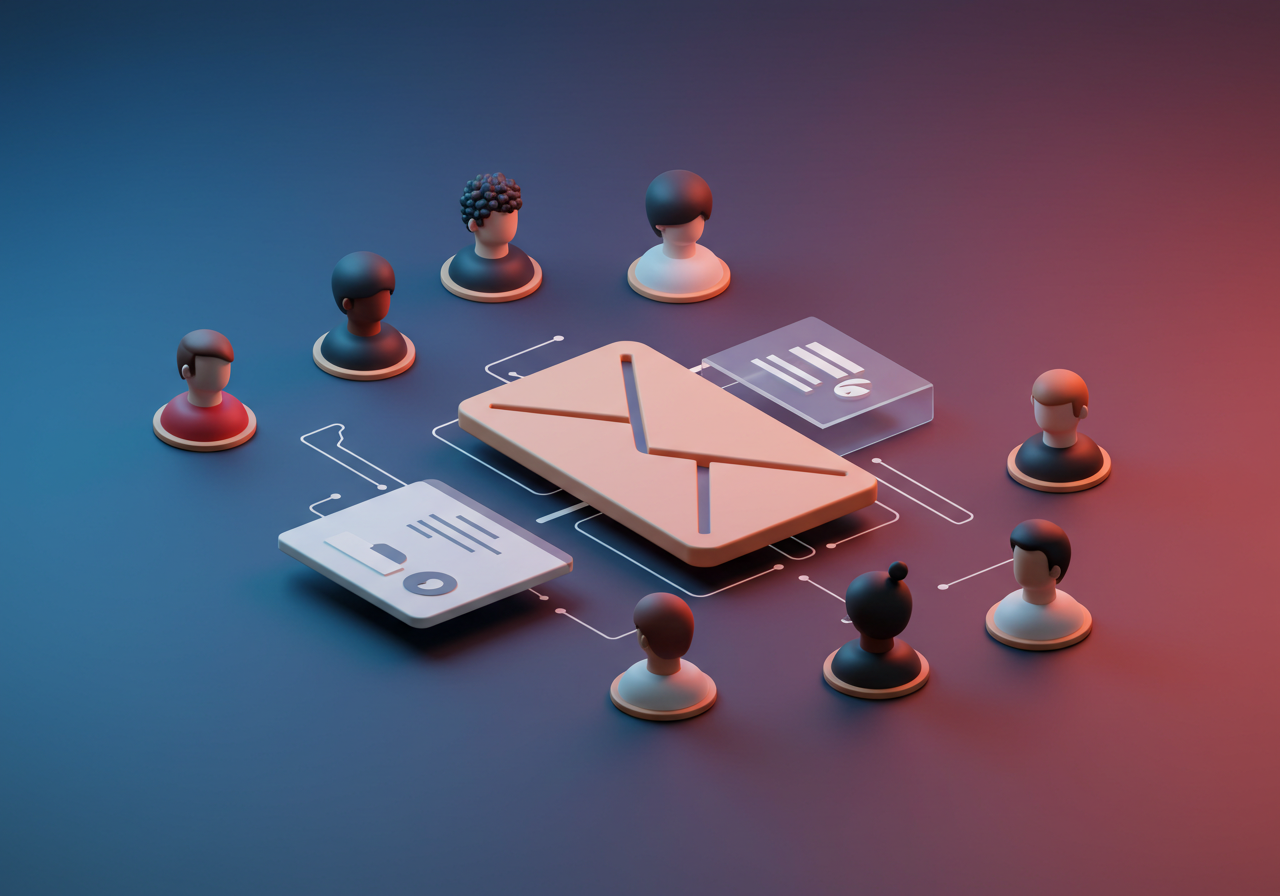Cybersecurity threats are more sophisticated than ever, and businesses must take extra precautions to protect sensitive data, customer information, and internal systems. Passwords alone are no longer sufficient to prevent unauthorized access, as they can be stolen, guessed, or leaked through data breaches.
This is where multi-factor authentication (MFA) plays a crucial role. MFA adds an extra layer of security by requiring users to verify their identity through multiple methods before granting access to systems, applications, or sensitive data. By implementing MFA, businesses significantly reduce the risk of unauthorized access and enhance their overall cybersecurity posture.
In this article, we explore what MFA is, why it’s essential for businesses, and how it helps prevent cyber threats.
What is Multi-Factor Authentication (MFA)?
Multi-factor authentication (MFA) is a security process that requires users to provide two or more verification factors to access an account or system. Instead of relying solely on a password, MFA adds an extra step to confirm the user’s identity.
These authentication factors generally fall into three categories:
- Something You Know – A password, PIN, or security question.
- Something You Have – A mobile device, security token, or smart card.
- Something You Are – A fingerprint, facial recognition, or other biometric identifier.
By combining at least two of these factors, MFA makes it significantly harder for hackers to gain unauthorized access, even if they have obtained a user’s password.
Why MFA is Essential for Businesses
1. Protects Against Weak and Stolen Passwords
Passwords remain one of the weakest links in cybersecurity. Many users reuse passwords across multiple accounts, making them vulnerable if one site suffers a data breach. Additionally, phishing attacks trick employees into revealing credentials, while brute-force attacks systematically guess passwords until they find the right one.
MFA ensures that even if a password is compromised, attackers cannot gain access without the second authentication factor. This extra layer of protection is particularly crucial for sensitive business applications, email accounts, and financial systems.
2. Reduces the Risk of Unauthorized Access
Businesses store vast amounts of confidential data, including customer records, financial documents, and trade secrets. Unauthorized access to this data can lead to fraud, identity theft, and corporate espionage. MFA prevents unauthorized logins by requiring users to verify their identity beyond just entering a password.
For example, if a hacker tries to access an employee’s work account from an unknown device, the system will prompt for additional verification—such as a code sent to their phone—ensuring that only authorized users can log in.
3. Helps Businesses Meet Compliance Requirements
Many industries have strict security regulations that require businesses to implement multi-factor authentication as part of their data protection measures. Regulations such as GDPR (General Data Protection Regulation), HIPAA (Health Insurance Portability and Accountability Act), and PIPEDA (Personal Information Protection and Electronic Documents Act) emphasize the need for robust security controls, including MFA, to safeguard sensitive information.
Failure to comply with these regulations can result in legal penalties, fines, and reputational damage. By implementing MFA, businesses not only enhance security but also demonstrate compliance with regulatory requirements.
4. Strengthens Remote Work Security
With remote work becoming the norm, businesses face new security challenges. Employees often access corporate networks from personal devices and unsecured Wi-Fi networks, increasing the risk of cyber threats. MFA helps secure remote access by ensuring that only authorized personnel can log in, even if their login credentials are compromised.
By requiring employees to authenticate using their smartphones or security keys, businesses can prevent cybercriminals from exploiting weak or stolen passwords to infiltrate remote systems.
5. Prevents Financial Loss and Business Disruption
Cyberattacks, such as ransomware and account takeovers, can lead to financial losses and operational disruptions. Attackers often gain initial access through compromised credentials and use them to escalate privileges, steal data, or install malware.
By implementing MFA, businesses make it significantly harder for attackers to move laterally within a network, reducing the risk of fraud, financial theft, and costly downtime. The investment in MFA can save organizations from the severe financial and reputational damage caused by security breaches.
How MFA Enhances Security Across Different Business Applications
1. Email and Cloud Services
Business email accounts are prime targets for cybercriminals attempting to launch phishing campaigns, steal sensitive data, or impersonate employees. Enforcing MFA on email services like Microsoft 365, Google Workspace, and cloud storage platforms prevents unauthorized access even if an attacker obtains a user’s credentials.
2. VPNs and Remote Access
Virtual private networks (VPNs) are commonly used by remote employees to access company resources securely. However, if login credentials are compromised, an attacker could easily infiltrate the network. MFA ensures that only authorized users can establish VPN connections, protecting sensitive internal systems.
3. Financial and Payment Systems
Banking platforms, accounting software, and payment gateways contain highly sensitive financial data. Enabling MFA for these applications helps prevent fraudulent transactions and unauthorized withdrawals, adding an extra layer of security to financial operations.
4. Customer Portals and E-Commerce Sites
Businesses that operate online services or e-commerce platforms should implement MFA to protect customer accounts. Many users reuse passwords, making them susceptible to credential stuffing attacks. Offering MFA as an option enhances security and builds trust with customers.
Best Practices for Implementing MFA in Businesses
While MFA significantly enhances security, it must be implemented properly to avoid disruptions and ensure effectiveness. Here are some key best practices:
1. Enforce MFA for All Critical Business Accounts
Businesses should require MFA for all employees, especially those accessing email, administrative accounts, customer databases, and cloud services. High-risk accounts, such as IT administrators, should have stricter authentication requirements.
2. Use Phishing-Resistant Authentication Methods
Some MFA methods, such as SMS-based authentication, can be bypassed using SIM swapping or phishing attacks. More secure options include authenticator apps, hardware security keys (like YubiKey), or biometric authentication.
3. Educate Employees About MFA Security
Employees should be trained on how MFA works and why it’s essential. Awareness programs should include instructions on recognizing phishing attempts, securing authentication devices, and reporting suspicious login attempts.
4. Regularly Review and Update MFA Policies
Security threats evolve, and so should your MFA policies. Businesses should periodically review their authentication settings, enforce strong authentication measures, and adapt to new security technologies.
5. Implement Conditional Access Policies
To balance security and user convenience, businesses can use conditional access policies that require MFA only in high-risk situations, such as:
- Logging in from an unfamiliar device or location.
- Attempting to access sensitive data or perform high-value transactions.
- Signing in from a country known for cyber threats.
Multi-factor authentication is no longer just an option—it’s a necessity for businesses looking to protect their data, employees, and customers from cyber threats. With the rise of sophisticated attacks, stolen passwords are no longer enough to keep systems secure.
By implementing MFA across all critical business systems, organizations can prevent unauthorized access, reduce cybersecurity risks, and comply with industry regulations. The cost of implementing MFA is minimal compared to the potential financial and reputational losses caused by security breaches.
As cyber threats continue to evolve, businesses that prioritize security will be better equipped to handle emerging risks and maintain trust with customers and stakeholders. Contact us today to discuss how to make your business more secure with MFA!



